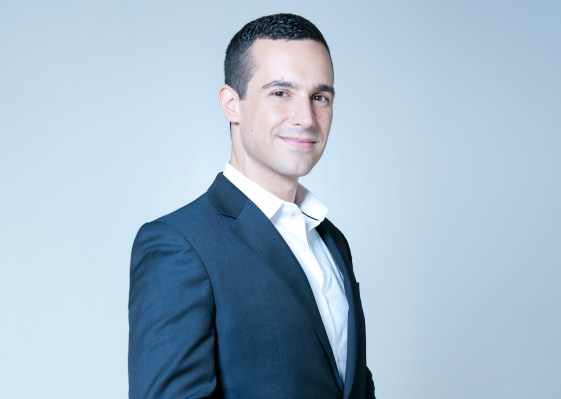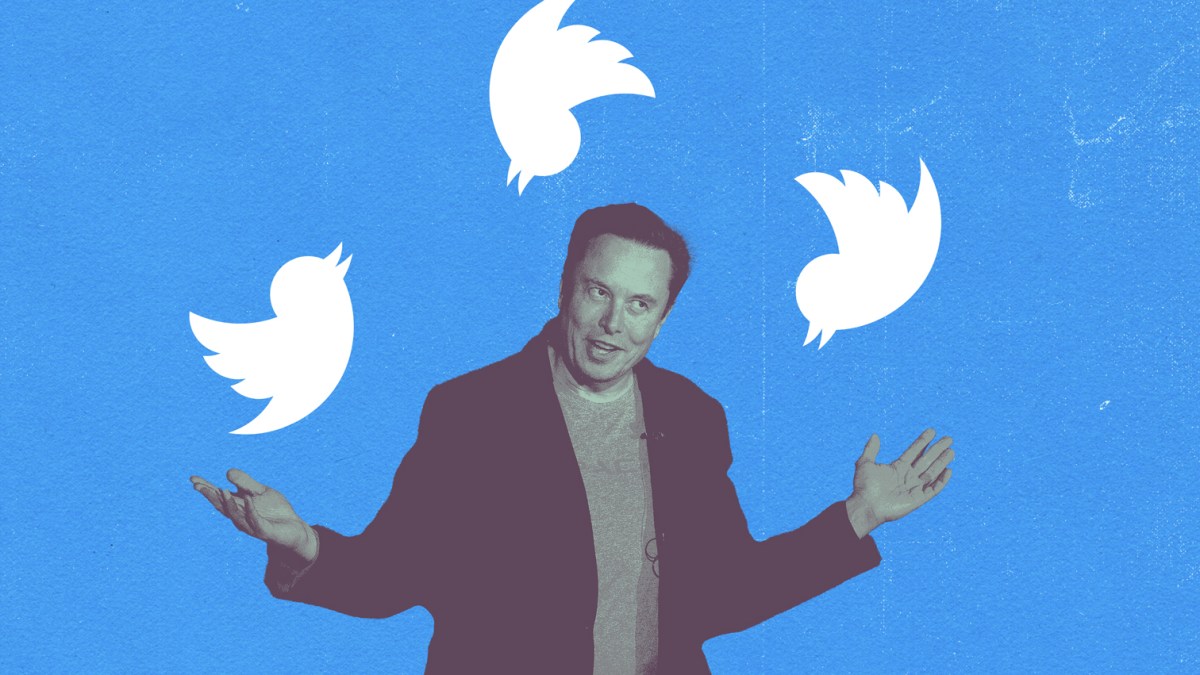Zenysis raises $13.3M to scale its big data platform – TechCrunch
Zenysis Technologies, a big data startup headquartered in San Francisco and Cape Town, announced today that it has closed $13.3 million in a Series B round. The financing was led by the Steele Foundation for Hope, a nonprofit organization that says it’s focused on finding and funding lasting solutions for some of “humanity’s hardest challenges.”
Jonathan Stambolis launched the company in 2016 to improve how developing countries respond to humanitarian emergencies and help them improve public health.
Prior to Zenysis, he worked as a diplomat with the United Nations. His roles involved representing Australia in international negotiations on global health and humanitarian affairs and as an advisor to the UN secretary general on global health and pandemic preparedness.
At the UN, Stambolis’s work gave him insights into the everyday struggles that several countries face in their efforts to achieve ambitious global health targets. In an interview with TechCrunch, Stambolis said the UN’s formula for moving the dial worldwide generally boils down to more money and political will. “What I saw after a while was a missing pillar there, and that was technology innovation,” he said.
At the same time, Stambolis said it was pretty clear that more developed ecosystems such as Silicon Valley didn’t care much about meeting struggling regions’ local health and development targets. Therefore, Stambolis hoped that by launching Zenysis, he’d take some of the talent and resources in Silicon Valley — and South Africa, where the company has its second headquarters — and direct them to work on problems that matter.
Stambolis’s reaction was triggered by the Ebola crisis in 2014. “Watching the world struggle to respond to the crisis at first made it clear that neither affected countries nor their international partners like the U.S. had the software to respond to that outbreak effectively,” said Stambolis. “And I realized that if we didn’t build the software, to help them do that, nobody else was going to do it.”
The co-founder and CEO said Zenysis’s mission is to deliver software that governments need to fight disease outbreaks, respond to large-scale emergencies and provide healthcare to their citizens equitably and efficiently.
Zenysis currently provides its software to governments and partners in nine countries across Africa, South America and Asia. For Stambolis, the company’s most challenging and rewarding work has been in Africa.
Take, for instance, its efforts in Mozambique in 2019 when the country was hit by two massive cyclones, Kenneth and Idai. The catastrophic event triggered a fast-spreading cholera outbreak that provoked 400 cholera cases daily, with the potential of infecting citizens by hundreds of thousands. Zenysis engaged the Mozambique government, and they quickly decided to use its software to create a virtual control room for the emergency response effort.
The emergency control room — powered by Zenysis’s open source offering, Harmony — brought and collated data from fragmented sources such as multiple government agencies, UN agencies and NGOs and integrated them into a single decision support system, giving decision makers a real-time picture of the outbreak and response.
“This is something that governments generally don’t have in a crisis. Normally in these crises, lots of organizations flood in all using different tools and systems to collect data, and government become overwhelmed by the amount of information collated in these emergencies,” said the chief executive. “So this virtual control room created real-time data for the government which they used to mount a fast, effective and coordinated response to the outbreak.”
By triangulating multiple data sources, Zenysis’s platform assisted the Mozambique government in designing and rolling out a data-driven vaccination campaign to stop the outbreak in its tracks. Less than 1 month later, this campaign reduced the number of cholera infections in the most affected province to zero.
This was no mean feat. When this crisis hit Mozambique, it was battling infrastructural issues from electricity to accessing telecommunications and health centers. But despite that, Zenysis’s data platform and the government’s vaccine campaign provided a positive outcome. The big data company has provided its software to partners and governments in Ethiopia, Rwanda, South Africa and Zambia.
These countries seldom embark on intervention projects alone or solely with Zenefits. They receive financial help and support from external partners and organizations like the Global Fund, USAID and Gavi, the Vaccine Alliance. And more often than not, these organizations are the ones who pay Zenysis for their contractual work.
Stambolis says one exciting development from his company’s work with governments is how flexible it is to tackle other challenges after being invited to address one. “It’s rewarding to see how we are given more responsibility once we have a chance to demonstrate our value proposition,” he said. “Trust grows between us and the countries we work with, so we’ve become their trusted partner. I feel like a lot of Silicon Valley’s ethos for the last 15 years has been defined by the mantra “move fast and break things”; we’ve shown that we are a different type of company. We like to move fast and fix things.”
Aside from the countries and international institutions it works with, Zenysis measures traction in terms of the number of health priorities its software supports. Right now, they include programs around HIV, tuberculosis, childhood vaccination, maternal and child health, family health and COVID.
The problem of data fragmentation and slow response to crises affects other sectors outside healthcare, such as education, food security and climate change. Thus, as the new financing gives Zenysis firepower to expand its range of health programs, it will also assist the company’s move into adjacent verticals and help governments respond to crises in a multisectoral manner.
Zenysis — which raised a $2.8 million seed in 2016 and a $5.8 million Series A in 2018 — also plans to triple its geographical footprint over the next 2 years with a significant focus on expanding its presence across Africa. Five of the nine countries in which Zenysis is active exist in Africa — and the 6-year-old company currently has projects with a further ten on the continent.
There are other plans for the Series B investment. Stambolis said Zenysis will invest in strategic partnerships with other innovators in ways that contribute to its technology and talent development.
“We’re also going to be making investments to help the countries understand and respond to the complex relationship between climate change and human health,” he said. “This is still an area that is very much in its infancy. So, we want to be at the forefront of helping countries get on top of that in a data-driven way.”
Joe Exner, the chief executive at the lead investor SFFH, said in a statement that its investment will enable Zenysis to “focus on its core mission of developing the innovative capabilities needed to strengthen health systems and prevent future pandemics.” The firm was launched late last year. Participating investors in this growth round include Peter Thiel and U.S.-based VC firm 500 Startups.
Stambolis believes SFFH made its first investment in Zenysis because the firm sees it as a platform for driving impact on a global scale. “In addition to that, I think there was very strong spiritual alignment between the two organizations,” the CEO said, adding that SFFH didn’t demand a board seat and completed the investment within 21 days of signing its term sheet. “They want us to triple down on our core mission of improving public health in developing countries and emerging economies.”




